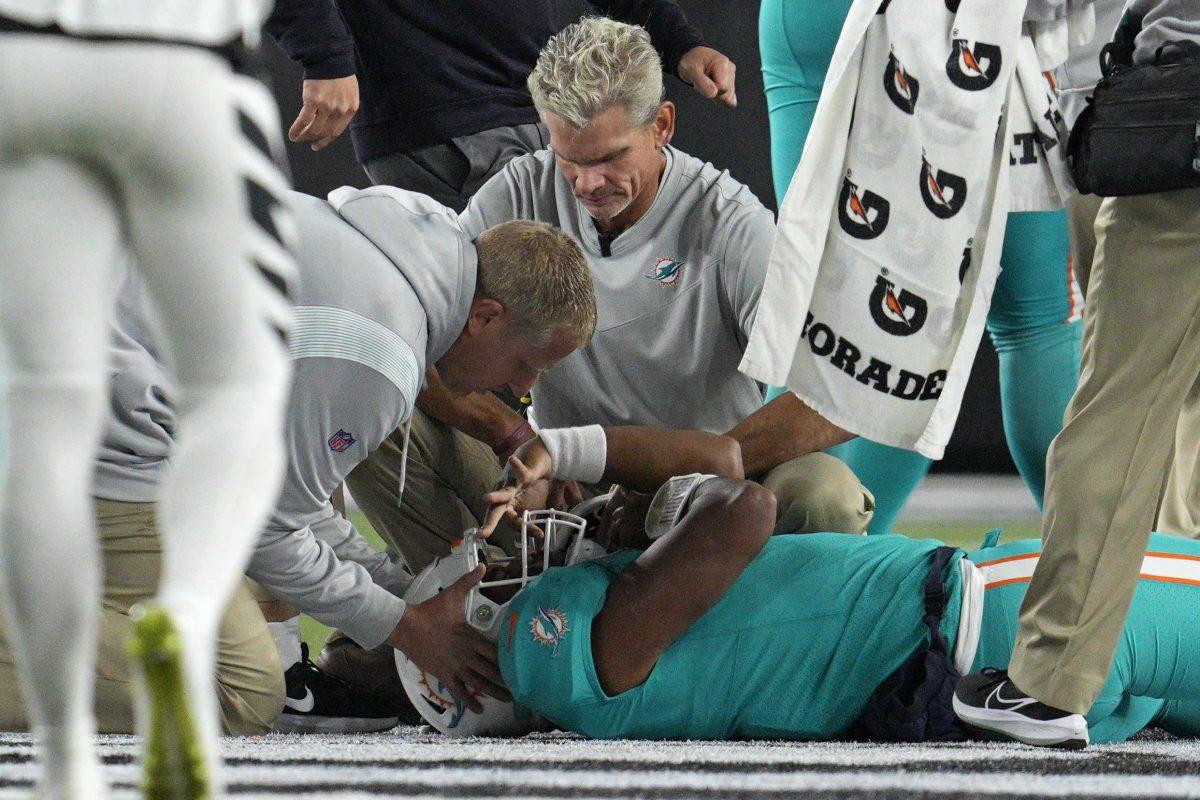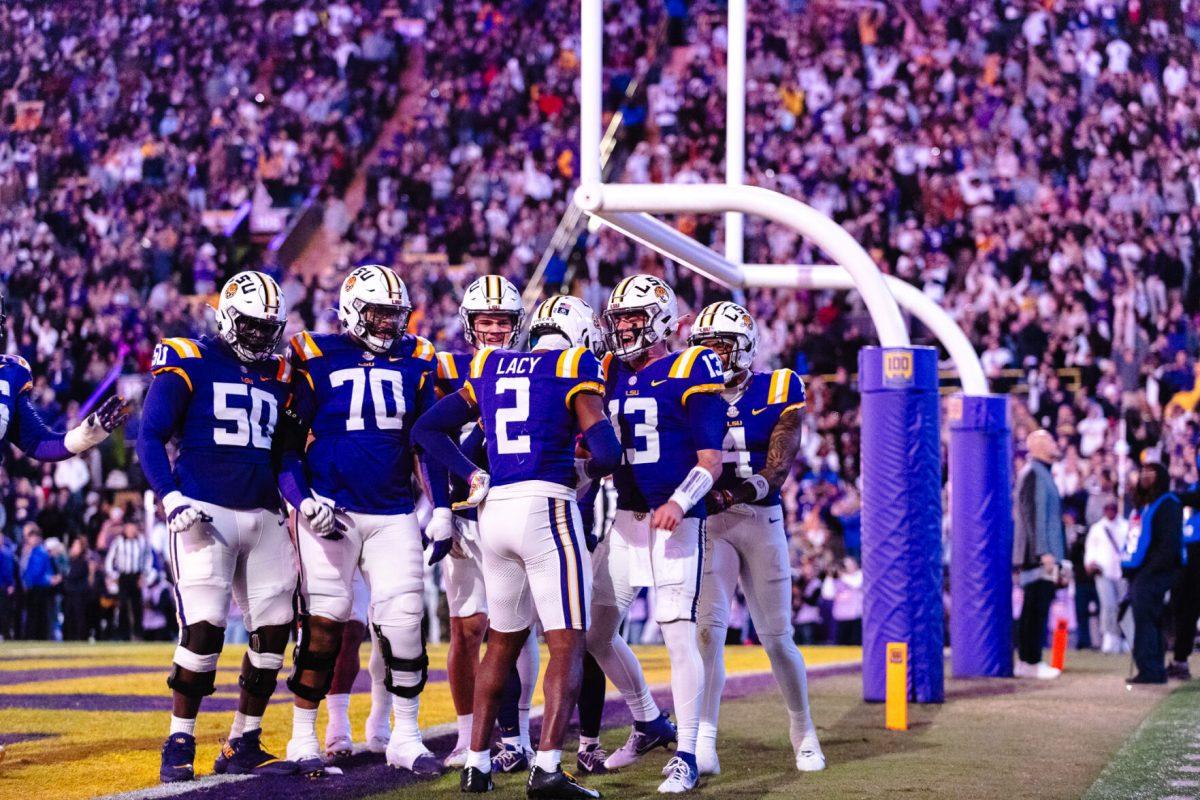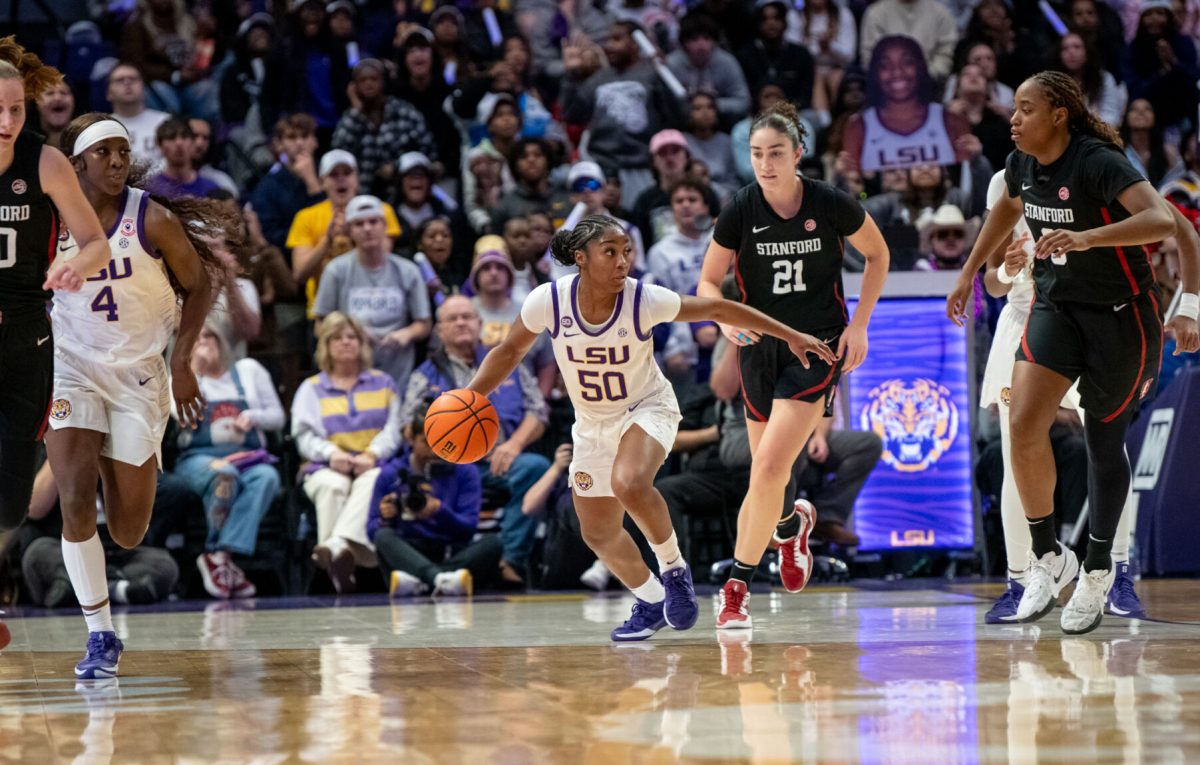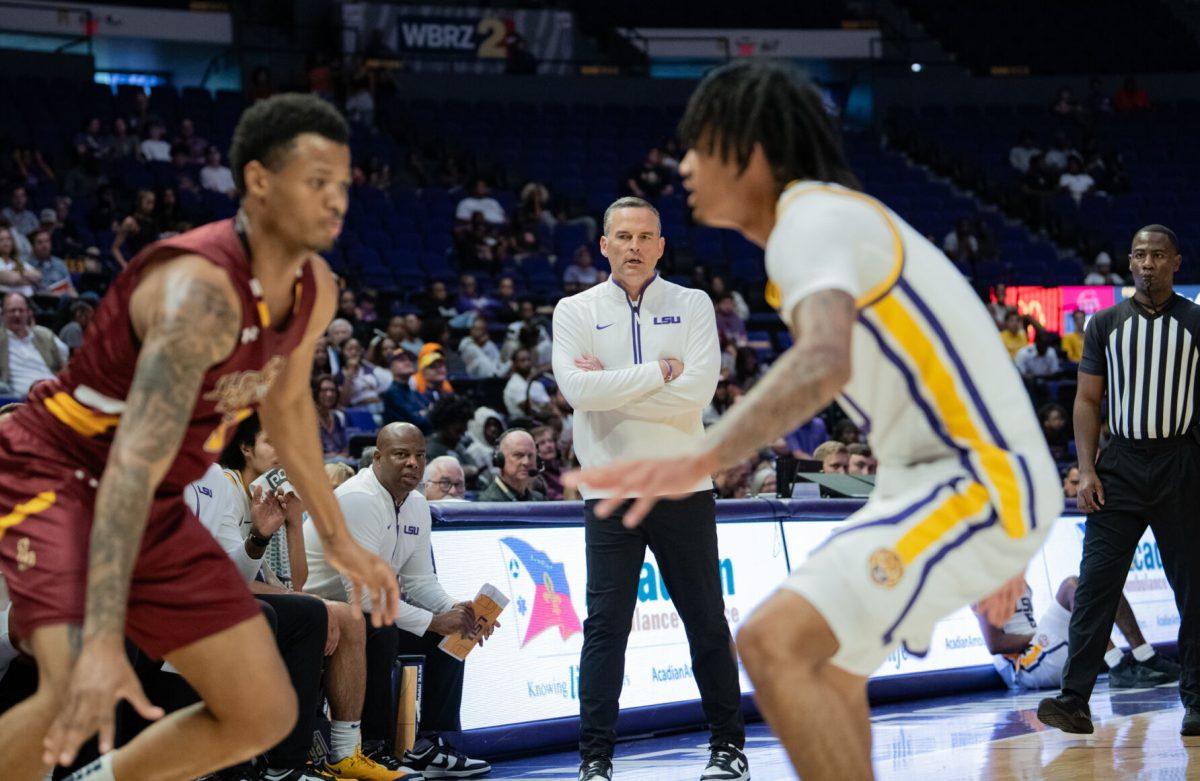During Thursday Night Football, Miami Dolphins quarterback Tua Tagovailoa took a hard sack that knocked his head into the ground and resulted in his departure from the field on a stretcher.
Four days prior, Tagovailoa took a hard hit against the ground and looked visibly disoriented when he got up and tried to walk. Despite this, an independent evaluator from the NFL cleared him from concussion protocol.
When the NFL and the Dolphins commented on Tagovailoa’s injury status Sunday, they claimed he had a back ailment. Despite being marked as questionable all week, Tagovailoa still played Thursday.
I set all this up to spell out one thing: the NFL cannot be trusted to adequately protect its players.
The Miami Dolphins got a lot of deserved criticism for playing Tagovailoa, and they should re-evaluate their medical staff. With that being said, an independent NFL doctor cleared Tagovailoa to continue playing in that Sunday game.
With the NFL’s recent history of Chronic Traumatic Encephalopathy and the effects of repeated head trauma coming to light, Tagovailoa’s injury is a black mark on the league as a whole.
How could they let this happen?
The NFL cannot be trusted to protect its players from themselves.
Every star athlete wants to keep playing. We see it every year with players called brave for playing through back injuries in Jameis Winston’s case or a torn labrum in Baker Mayfield’s case.
When Tagovailoa wanted to keep playing, someone needed to tell him no. Someone needed to prioritize his health over his desire to be on the field. The NFL and Dolphins failed him Sunday and Thursday.
Even in the instance that Tagovailoa suffered a back injury on Sunday rather than a concussion, why did the team let him play on a short week? Why did no one on the Dolphins’ staff prioritize his health?
In the aftermath of all of this, though, the most important thing is how this may affect Tagovailoa’s life and health more so than his career. The signs he displayed on the field after his hit Thursday were sickening, and two concussions in four days may neurologically impact him for the rest of his life.
Unless he is advised not to do so by a medical professional, he will continue to start at quarterback for the Miami Dolphins.
We may not see the impact of this until years in the future.
With that being said, I hope he’s fine. I hope he suffered no neurological damage and I hope his life isn’t impacted by the injuries.
However, don’t expect the NFL to be fully transparent about what happened here. Don’t expect the Miami Dolphins to take responsibility for what happened here.
The NFL plans to investigate an NFL team, which means in all likelihood, the NFL will choose to preserve its own image over anything else. Admitting fault would be bad for the league’s image.
What does this mean, then? Be skeptical. Be skeptical of any wrongdoing the NFL clears itself of doing. Be skeptical of the actions taken by league doctors and the Miami Dolphins medical staff. Question why Tagovailoa didn’t receive a second opinion on his hit Sunday.
Question how the team immediately let Tagovailoa get on a plane with his teammates right after suffering a brain injury on Thursday.
At the end of the day, maybe nothing happened here. Hopefully, Tagovailoa escaped neurological damage that affects him for the rest of his life, and he has a long, successful career with a long, successful life.
Until then, though, this situation shows how the NFL doesn’t value its players’ safety. This situation shows that teams will prioritize availability over their players’ own health.
This situation shows that the NFL cannot be trusted. Don’t trust their public relations and faux attempts to pretend like nothing happened here.
Column: Tua Tagovailoa’s head injury shows how little the NFL cares about player safety
By Adam Burruss
September 30, 2022
Miami Dolphins quarterback Tua Tagovailoa is examined during the first half of the team’s NFL football game against the Cincinnati Bengals, Thursday, Sept. 29, 2022, in Cincinnati. (AP Photo/Jeff Dean)
More to Discover







